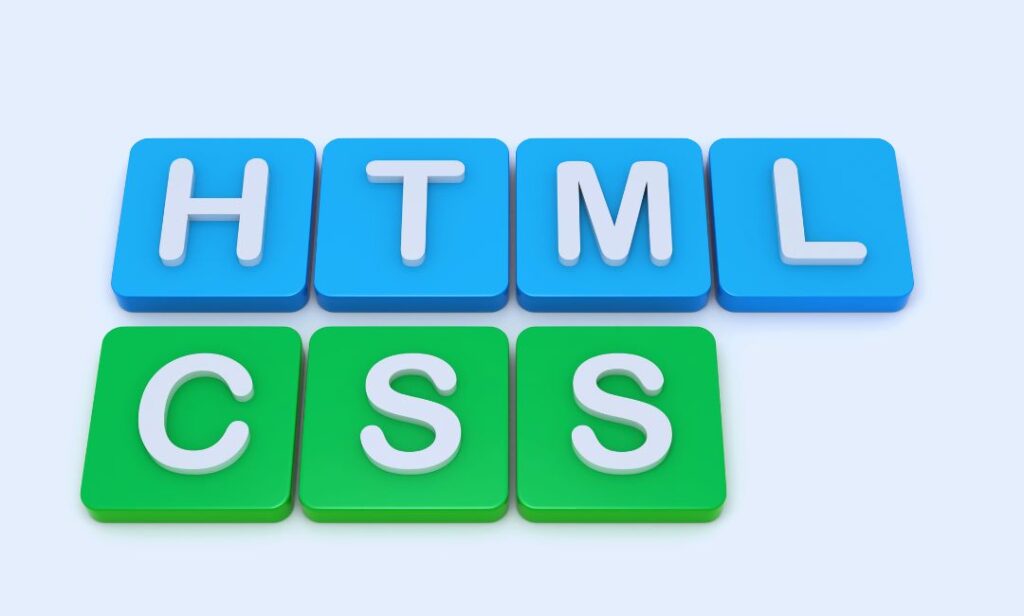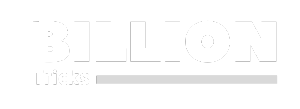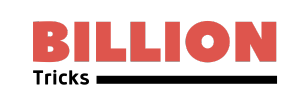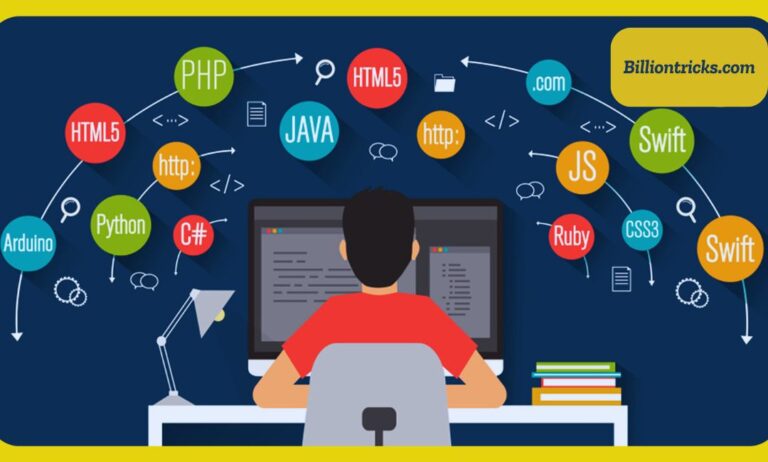Introduction to Coding Fundamentals
Learning how to code is one of the most valuable skills in today’s digital world. Whether you want to develop websites, build applications, or analyze data, coding opens doors to countless opportunities. For beginners, the learning process can seem overwhelming, but with a structured approach, anyone can become proficient in programming. This guide will walk you through the essential steps to how to learn coding from scratch.
Understanding the Coding Landscape
The world of coding is vast, with numerous programming languages, frameworks, and tools. Before diving into learning a specific language, it’s essential to understand the basics of computer science, problem-solving, and logic. Coding isn’t just about memorizing syntax; it’s about understanding how computers process information and how you can instruct them to perform tasks.
14-Step Roadmap for Beginner Developers

To simplify the learning journey, follow these 14 essential steps to become a proficient developer:
1. Familiarize Yourself with Computer Architecture and Data Basics
Before diving into coding, understanding how computers work is crucial. Learn about CPUs, memory, and how data is processed. Understanding binary, data storage, and how computers execute programs will help you grasp programming concepts more efficiently.
2. Learn How Programming Languages Work
Programming languages allow humans to communicate with computers. Understanding the difference between compiled and interpreted languages, syntax, and programming paradigms like procedural, object-oriented, and functional programming will give you a solid foundation.
3. Understand How the Internet Works
If you’re interested in web development, understanding how the internet works is essential. Learn about HTTP, DNS, IP addresses, servers, and how data is transmitted over networks.
4. Practice Some Command-Line Basics
The command line (terminal) is a powerful tool for interacting with your computer. Learn basic commands for navigation, file manipulation, and system management.
5. Build Up Your Text Editor Skills with Vim
Text editors are essential tools for coding. While there are many options like VS Code and Sublime Text, learning Vim can be beneficial as it is widely used and offers efficiency in editing code.
6. Take Up Some HTML
HTML (HyperText Markup Language) is the backbone of web development. Learning how to structure web pages using HTML is the first step towards creating websites.
7. Tackle Some CSS
CSS (Cascading Style Sheets) is used to style web pages. Understanding CSS properties, selectors, and layout techniques will help you design attractive web interfaces.
8. Start Programming with JavaScript
JavaScript is one of the most popular programming languages. It adds interactivity to websites and is widely used in front-end and back-end development. Learn JavaScript fundamentals like variables, functions, loops, and event handling.
9. Continue Programming with Python
Python is a beginner-friendly language known for its simplicity and readability. It is used in web development, data science, automation, and AI. Learn about data types, loops, functions, and object-oriented programming in Python.
10. Further Your Knowledge with Java
Java is a versatile language used in enterprise applications, mobile development (Android), and backend systems. Learning Java introduces you to static typing, object-oriented programming, and design patterns.
11. Track Your Code Using Git
Git is a version control system that helps developers track changes in their code and collaborate with others. Learn Git commands like commit, push, pull, and branching to manage your projects efficiently.
12. Store Data Using Databases and SQL
Databases are essential for storing and managing data in applications. Learn SQL (Structured Query Language) to interact with relational databases like MySQL, PostgreSQL, or SQLite.
13. Read About Web Frameworks and MVC
Web frameworks like Django (Python), Express.js (JavaScript), and Spring Boot (Java) simplify web development by providing pre-built functionalities. The Model-View-Controller (MVC) pattern is a common design principle in web applications.
14. Play with Package Managers
Package managers like npm (JavaScript), pip (Python), and Maven (Java) help manage dependencies in projects. Understanding how to use package managers makes development more efficient.
Read Also: Best Smart Home Devices to Upgrade Your Living Space
The Benefits of Learning Coding from Scratch

- Career Opportunities: High demand for developers in various industries.
- Problem-Solving Skills: Enhances logical thinking and creativity.
- Work Flexibility: Ability to work remotely or freelance.
- Automation: Automate repetitive tasks to improve efficiency.
- Innovation: Build your own applications and bring ideas to life.
Setting Realistic Goals for Your Coding Journey
Starting with clear, achievable goals keeps you motivated. Whether you aim to build a simple website, create a mobile app, or automate tasks, break your learning into small, manageable steps.
How Do I Start Coding for Beginners?
Start by selecting a language like Python or JavaScript, follow online tutorials, and practice coding daily. Websites like Codecademy, freeCodeCamp, and Coursera offer great beginner courses.
Can I Self-Teach Myself Coding?
Yes! Many successful programmers are self-taught. With dedication, online resources, and practical projects, you can become proficient in coding without formal education.
Can I Learn to Code with No Computer Experience?
Absolutely. Coding is accessible to everyone, regardless of background. Start with beginner-friendly languages and gradually build your skills.
Deciding on the Best Coding Language to Learn First
Choosing a language depends on your goals:
- Web Development: HTML, CSS, JavaScript
- Data Science & AI: Python, R
- Mobile Development: Java, Swift
- Game Development: C++, C#
HTML and CSS: The Building Blocks of Web Development

HTML structures content, while CSS styles it. Together, they form the foundation of web development. Learning them is essential for creating visually appealing websites.
JavaScript: A Versatile Language for Web and Beyond

JavaScript is essential for web development, but it’s also used in backend services, mobile apps, and even game development.
Programming Basics: Starting with Core Concepts
Regardless of the language, fundamental concepts include:
- Variables and data types
- Loops and conditionals
- Functions and objects
- Debugging and troubleshooting
Conclusion
Learning to code is a rewarding journey that opens countless opportunities. By following a structured roadmap, practicing regularly, and working on real projects, you can become a proficient developer. Start small, stay consistent, and enjoy the process of creating with code.
FAQs of How to Learn Coding
1. How long does it take to learn coding?
The time varies based on dedication and practice. Some can learn basics in a few months, while mastering coding takes years.
2. Do I need a degree to become a programmer?
No. Many developers are self-taught or have taken online courses. A portfolio of projects is often more important than a degree.
3. Which programming language should I start with?
Python and JavaScript are great choices for beginners due to their simplicity and versatility.
4. What’s the best way to practice coding?
Build real projects, contribute to open-source, and participate in coding challenges on platforms like LeetCode and HackerRank.
5. Can I get a job as a self-taught coder?
Yes! Many companies value skills and projects over formal education. Build a strong portfolio and apply for junior developer roles.


